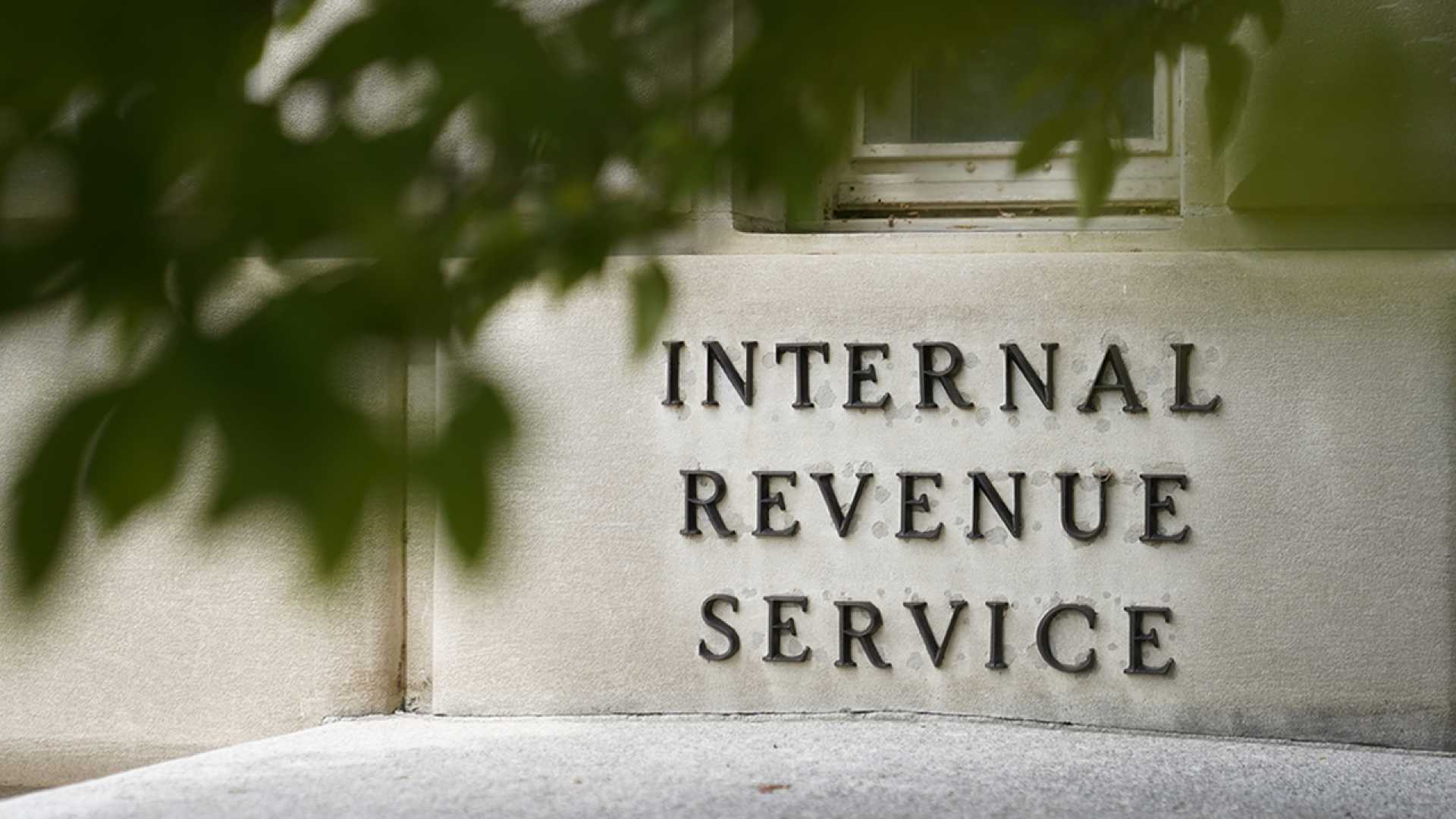Business
IRS Plans Major Workforce Cuts Amid Government Efficiency Initiatives

WASHINGTON — The Internal Revenue Service (IRS) is developing plans to reduce its workforce by as much as 50% through layoffs, voluntary buyouts, and natural attrition, according to two sources familiar with the discussions. These individuals spoke on the condition of anonymity as they were not authorized to disclose the internal plans.
The proposed reductions are part of broader efforts by the Trump administration to decrease the size of the federal workforce through the Department of Government Efficiency, led by billionaire advisor Elon Musk. This initiative includes closing agencies, terminating nearly all probationary employees without civil service protection, and offering buyout incentives to a majority of federal employees.
John Koskinen, a former IRS commissioner, expressed concern about the potential impact of such drastic cuts, stating that a reduction involving tens of thousands of employees could lead to a “dysfunctional” IRS. The agency currently employs about 90,000 workers nationwide, with 56% identifying as people of color and 65% as women, according to IRS data.
In February, the IRS had already laid off approximately 7,000 probationary employees with less than one year of service. Additionally, the agency has extended buyout offers under the “deferred resignation program” to all employees, with IRS staff informed that they could not accept these offers before mid-May, after the tax filing deadline.
The administration’s plan also includes plans to reassign IRS workers to assist the Department of Homeland Security (DHS) with immigration enforcement efforts. In a recent communication, DHS Secretary Kristi Noem requested the Treasury Secretary, Scott Bessent, to lend IRS employees for this purpose.
Koskinen, along with six other former IRS commissioners, voiced their alarm in a recent opinion piece in The New York Times, stating, “Aggressive reductions in the I.R.S.’s resources will only render our government less effective and less efficient in collecting the taxes Congress has imposed.”
A White House memo sent to federal agencies in late February requires them to submit reports on their reduction plans by March 13. However, it remains uncertain whether the White House will approve the IRS reorganization and what timeline it might follow.
Representatives from the White House, Treasury Department, and IRS did not respond to requests for comment from the Associated Press. The New York Times was the first outlet to report on these developments.












